SMILE
Research Group Director | Dr. Holly Matusovich
The Studies of Motivation and Identity in Learning Engineering (SMILE) group engages in research on and outreach to all levels of learners from pre-kindergarten through academic and industry workforces. We aim to inform, support, and create learning environments that encourage and enable broad participation in engineering majors and careers. We use motivation-and identity-related theories to examine ways to break down barriers, create opportunities, and engage all stakeholders (students, parents, teachers, co-workers) in thoughtful teaching and learning processes.
Holly M. Matusovich is an Assistant Professor and Assistant Department Head for Graduate Programs in the Department of Engineering Education at Virginia Tech. She holds a B.S. in Chemical Engineering from Cornell University, an M.S. in Materials Science from the University of Connecticut, and a Ph.D. in Engineering Education from Purdue University. Dr. Matusovich came to academia after nearly 12 years in engineering practice. She currently teaches in the first year engineering program and also in the engineering education graduate program. Her research focuses on student and faculty motivation and student identity development in the context of engineering classrooms and careers. Dr. Matusovich is a PI or Co-PI on 9 NSF-funded research studies including a CAREER grant focusing on the intersections of motivation, learning strategies, and conceptual understanding. Dr. Matusovich has authored a book chapter, 13 journal manuscripts and more than 50 conference papers. Dr. Matusovich has won several Virginia Tech awards including College of Engineering Dean's Awards for Outstanding New Faculty, Exemplary Teaching and Faculty Fellow.
SMILE Research Group Personnel
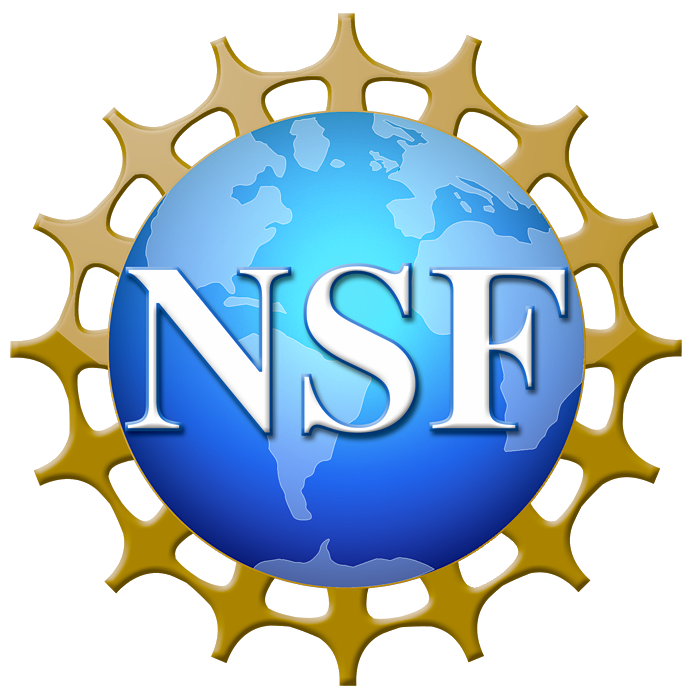
This project will advance efforts of the innovative Technology Experiences for Students and Teachers (ITEST) program to better understand and promote practices that increase students' motivations and capacities to pursue careers in fields of science, technology, engineering, or mathematics (STEM) by producing empirical findings and/or research tools that contribute to knowledge about which models and interventions with K-12 students and teachers are most likely to increase capacity in the STEM and STEM-cognate intensive workforce of the future. This project is focused on a collaborative design, implementation, and study of recurrent engineering-focused interventions with middle school youth in three rural and Appalachian communities. The intervention efforts will broaden middle schoolers' participation and understanding of what engineering is, what engineers do, and help dispel the notion that it is hard and requires a love of mathematics and science. The project has the potential for recruiting future engineers who are unaware of their abilities and career possibilities because of the rural Appalachian communities in which they live. Broadening participation in engineering remains a critical national priority and this project has the potential to prevent the loss of smart capable students from engineering education and career pathways. The proposed partnership with school educators and industry experts will established an open-source engineering outreach curriculum (iFixit) and facilitate regular in-class interventions throughout the academic year.
The study design enables the examination of the participants and interventions across time and case-site contexts, where the data are collected at individual-level to look for changes over time while within-case and cross-case examination of the community-level impacts will be analyzed. The objective will be to achieve meaningful results of the two goals: Goal 1- to increase youth awareness of, interest in, and readiness for diverse engineering related careers and educational pathways which is a goal that hinges on a collaboratively designed and facilitated set of monthly interventions in a curricular setting and Goal 2- to build capacity for schools to sustainably integrate engineering skills and knowledge of diverse engineering-related careers and educational pathways aimed at both the individual-level with a focus on teachers as influential change makers as well as at the community-level focused on sustainable cross-sector collaborations. The project will offer in-school curriculum activities (interventions) six times per academic year in three similar rural communities in Virginia: 1) Bedford County Public Schools 2) Giles County Public Schools, and 3) Smyth County Public Schools. All case sites are located in rural areas or near Appalachia where there is limited industry, particularly advanced industry exposes students, parents, and educators to engineering careers. Leveraging local expertise is especially critical in this project because family pressures, cultural milieu, and preference for local, stable jobs play considerable roles in how Appalachian youth choose possible careers.
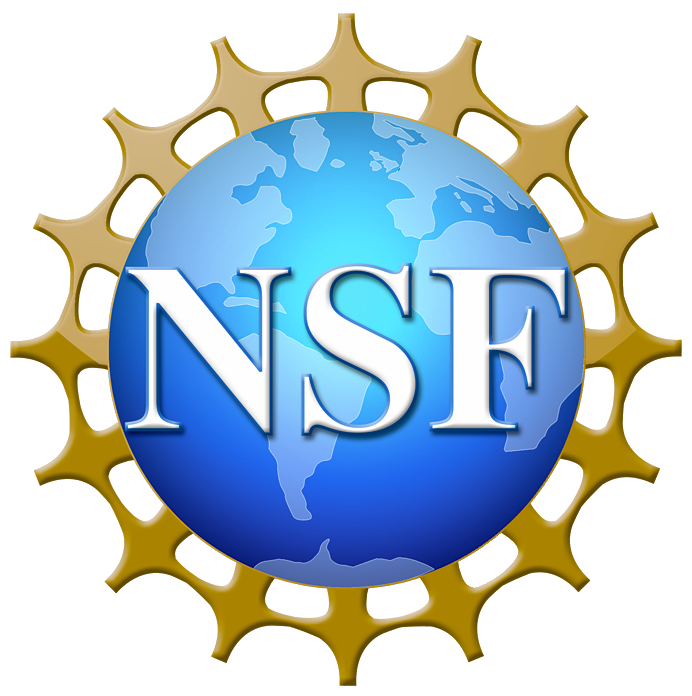
This engineering education research initiation grant seeks to understand the effect of student motivation and intention on conceptual understanding; conceptual understanding is important for engineering practice and innovation. The study will look broadly at students using a national survey which is followed by real time data collection; the project will develop new ways to collect data using smart-phone "apps".
The broader significance and importance of this project will occur when the results are translated into classroom practice at multiple institutions through partnerships with engineering faculty members. The project will broadly disseminate the results to multiple audiences using a range of media. This project overlaps with NSF's strategic goals of transforming the frontiers through preparation of an engineering workforce with new capabilities and expertise. Additionally NSF's goal of innovating for society is enabled by creating results and research that are useful for society by informing educational policy and practices.
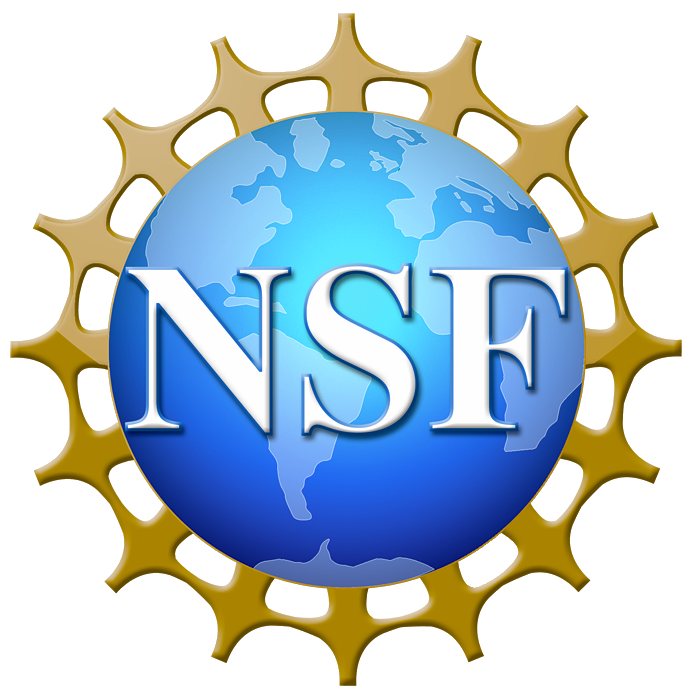
The lack of diversification of engineering faculty poses serious threats to the replacement of an aging engineering faculty, the retention of underrepresented minority students, the development of a diverse workforce, and the well-being of the nation. While there have been many initiatives to increase the representation of underrepresented minority faculty, systematic efforts have not been designed to address the completion of doctoral degrees amongst this population. Data show that students, particularly underrepresented students, are leaving before obtaining a degree because of the long, arduous, and uncertain road to graduation. These data also suggest that individuals, graduate schools, and society would benefit from efforts to reduce time-to-degree and degree completion rates. Therefore, the primary goal of this project is to offer a practical and timely experience particularly for underrepresented doctoral students in engineering (African American, Native American, Pacific Island and Hispanic American) to address issues germane to shortening time-to-degree and degree completion rates. The specific aims are to: 1) conduct research to understand the motivational factors that promote and detract from degree progress and 2) to develop and offer the Dissertation Institute (Institute) to provide underrepresented doctoral students in engineering with motivating, helpful strategies for avoiding pitfalls that prolong completion times, particularly those at the dissertation proposal preparation and dissertation completion stages. Current efforts to support underrepresented doctoral students have tended to be local opportunities within specific programs or universities. This project is different from existing efforts because it will systematically examine and positively impact the motivational factors that promote dissertation completion across multiple sites to consider and incorporate contextually relevant factors such that the Institute is transferable across contexts and not limited to local implementation. This transferability is critical to developing a sustainable future program to support underrepresented students. This project addresses strategic goals of the National Science Foundation (NSF) and critical needs of the nation related to enhanced global competitiveness and an improved national economy.
This project is grounded in the expectancy-value theory of motivation and will result in two sets of outcomes: research outcomes and direct benefits to participants. Using quantitative and qualitative research methods, the research outcomes will include: 1) contextually relevant and nationally representative research-based data we can use to inform the Institute's design regarding the success beliefs and values that contribute to and detract from students' dissertation success, 2) measures of Institute effectiveness in terms of participant's increased beliefs about succeeding in and the value of completing a dissertation, and 3) a list of variables to which academics should pay attention when designing transferable versions of the Institute. To achieve the outcomes of our study, we have designed a multi-method, multi-phased study. We will examine and draw on stakeholder needs to develop an Institute that is consistent with literature suggestions and effective practices but also contextually relevant for participants. Finally, we will comparatively analyze the data across sites to allow us to identify the key elements on which we should focus in considering transferability of the Institute to additional sites and/or through online means. The research will directly impact approximately 170 underrepresented doctoral students and will contribute to the long-term sustainability of other Institute models. In addition to improving basic writing habits and skills, Institute participants will gain practical strategies for: 1) distinguishing between behaviors that foster or hinder success, 2) increasing engagement in positive behaviors and eliminating destructive behaviors, 3) developing plans to maneuver through the dissertation phase from selecting a topic to completing the dissertation, and 4) establishing realistic program completion goals and plans for implementing those goals. As a result of participation, students will gain specific skills in synthesizing and evaluating findings from the literature to aid in developing a dissertation proposal or for writing a dissertation. They will learn how to identify helpful, credible resources (people, physical and online) and how to use them effectively. Participants will also learn about developing and writing conference papers and publishable manuscripts from the dissertation, an important part of being ready for future employment. In combination, the project outcomes will have immediate impacts on participants while setting the stage for longer-term benefits.
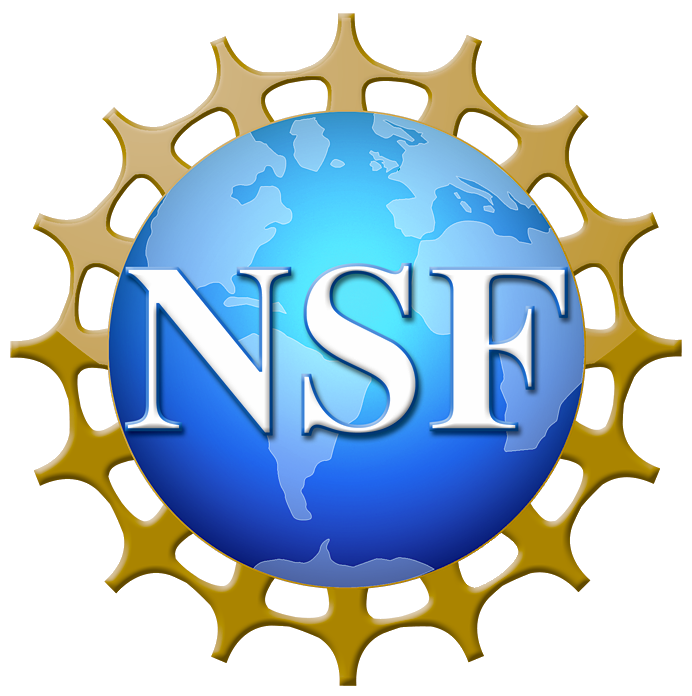
The proposed project examines retention of diverse, engineering graduates in engineering careers by investigating how students perceive their career options, engineering skills, and educational experiences relate to their plans and to engage engineering educators and industry professionals in using our research findings to reform undergraduate engineering education. Undergraduates at six institutions from their junior year to their first year post-graduation will be evaluated using qualitative and quantitative research. The community of practice element will convene stakeholders at each partner institution who are invested in translating the results from this project into educational practice. A Professional Pathways Model that explains how students beliefs about their career options and their own abilities affect their career decisions will be proposed.
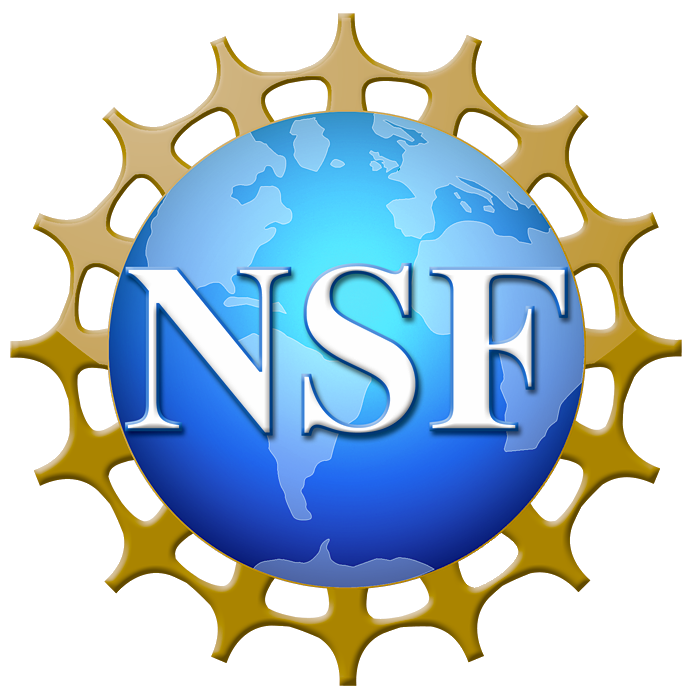
This is a three-phase design-based research project for strengthening undergraduate engineering students' metacognitive skills. It begins with prototype development and testing of 6 to 8 intervention modules, then transitions to refinement and improved development of these based on a variety of assessments, and ends with the preparation of materials for instructor professional development. Metacognition is often referred to as "thinking about thinking" because it relies on individual reflection and self-awareness. Learning science has found metacognition skill to be important precursor to becoming an effective independent learner and problem-solver. It is the foundation of becoming a lifelong learner. In order to deliberately cultivate metacognitive skills, this project has provided a structured definition that will facilitate this study of the impact of integrating metacognition into specific formal learning activities in engineering.
The first phase focuses on the development and pilot implementation of a coordinated set of intervention modules intended to strengthen the metacognitive skills of students in a sophomore engineering course at a small undergraduate engineering school. Included in the first phase is the assessment of impact on each student's metacognitive development. Each intervention module consists of a training video on metacognitive knowledge and awareness, a contextualized classroom content module, and a modified standard assignment to provide students with opportunities to practice metacognitive regulation. The assessment effort is focused on developing indicators (rubrics and metrics) that engineering instructors can use to measure student progress in developing metacognitive skill.
In the second phase, the research outcomes from Phase 1 are used to revise the set of interventions for the testbed sophomore course and, additionally, prepare similar interventions for a second engineering education classroom context - a freshman course at a large comprehensive state land-grant university. The goal of the revisions is to improve the interventions and to focus on the transferability of both the interventions and the indicators to other lower division courses. The research aspect of Phase 2 refines the Phase 1 research questions and adds a focus on understanding what elements of an intervention and context are most important to consider when considering transferability to other courses and instructors. Finally, Phase 3 will focus on training faculty instructors, in order to boost the initial dissemination of intervention materials. The project will develop recommendations for instructors on how to further translate the set of interventions for use in their own classroom contexts. The PI team plans to develop and conduct training for instructors at both institutions. Open access to salient findings, tools, and guides will be provided through an online repository that is also linked through CLEERHub.org, a collaborative engineering education research site.
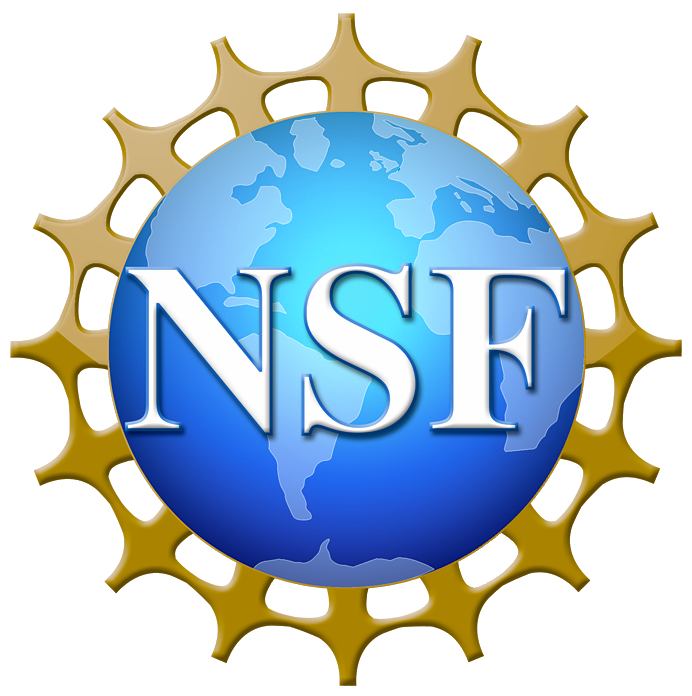
Engineering is one of the fastest-growing sectors of the U.S. economy. However, there is a shortage of diverse engineers and scientists in this sector. This research investigation is designed to equip engineering education researchers and other important stakeholders with the knowledge and understanding of how school stakeholders can be better positioned and/or trained to support a more diverse population of students who choose to enroll in postsecondary engineering programs. By focusing on the high school level, the investigators will pinpoint how educational inequalities (as they relate to access to school resources and the role and preparedness of high school counselors and teachers in helping students choose engineering programs) will contribute to academically capable students' decisions to major or not major in engineering, especially among underrepresented student populations. This research project is both timely and potentially impactful in helping the broader engineering community identify the structural barriers that students often experience in different high schools across the state of Virginia and how these barriers may influence underrepresented students' decisions to major or not major in engineering, even when they possess the academic profile to do so. The project also has immense potential to render important findings applicable to key engineering and non-engineering stakeholders in Virginia and beyond.
Using a mixed-method research design, data collections were organized into various phases: examining quantitative data from the Virginia Longitudinal Data System (VLDS) to explore high school and college enrollment student records for every Virginia high school student; conducting in-depth qualitative interviews of key school stakeholders (e.g., teachers, school counselors, etc.) at select high schools; collecting student survey data at the same select high schools to determine alignment between what interviewees say are influences versus what students say drive them toward or away from engineering; and collecting survey data from key stakeholders to complement the qualitative interview data. By collecting both quantitative and qualitative data, the research investigation will provide important answers to major broadening participation in engineering questions. Through workshops, policy briefs, K-12 academic conferences, and connections with specific schools selected as case studies, the investigators outlined a strong plan to share findings with K-12 practitioners and policymakers.
Matusovich, H. M., Carrico, C., Paretti, M. C., & Boynton, M. (2017). Engineering as a career choice in Rural Appalachia: Sparking and sustaining interest. International Journal of Engineering Education. 33(1B), 463-475. Special issue on Current Trends in K-12 Engineering Education.
Kajfez, R. L., Matusovich, H. M., & Lee, W. C. (2016). A holistic framework for understanding graduate student motivation and identity. International Journal of Engineering Education. 32(3), 1208-1221.
Lee, W. L. & Matusovich, H.M. (2016). A qualitative examination of institutional practices for supporting undergraduate engineering students: Developing a Model of Co-curricular Support. Journal of Engineering Education. 105(3), 406-430. Honorable Mention for the 2016 William Elgin Wickenden Award.
Montfort, D., Herman, G., Brown, S., Matusovich, H. M., Streveler, R. A., & Adesope, A. (2015). Patterns of student conceptual understanding across engineering content areas. International Journal of Engineering Education. 31(5), 6.
Matusovich, H. M., Paretti, M. C., McNair, E. D., and Hixson, C. (2014). Faculty motivation: A gateway to transforming engineering education. Journal of Engineering Education 103(2):183-361.
Matusovich, H. M., Carrico, C., Paretti, M. C., & Boynton, M. (2017). Engineering as a career choice in Rural Appalachia: Sparking and sustaining interest. International Journal of Engineering Education. 33(1B), 463-475. Special issue on Current Trends in K-12 Engineering Education.
Kajfez, R. L., Matusovich, H. M., & Lee, W. C. (2016). A holistic framework for understanding graduate student motivation and identity. International Journal of Engineering Education. 32(3), 1208-1221.
Lee, W. L. & Matusovich, H.M. (2016). A qualitative examination of institutional practices for supporting undergraduate engineering students: Developing a Model of Co-curricular Support. Journal of Engineering Education. 105(3), 406-430. Honorable Mention for the 2016 William Elgin Wickenden Award.
Montfort, D., Herman, G., Brown, S., Matusovich, H. M., Streveler, R. A., & Adesope, A. (2015). Patterns of student conceptual understanding across engineering content areas. International Journal of Engineering Education. 31(5), 6.
Matusovich, H. M., Paretti, M. C., McNair, E. D., and Hixson, C. (2014). Faculty motivation: A gateway to transforming engineering education. Journal of Engineering Education 103(2):183-361.



